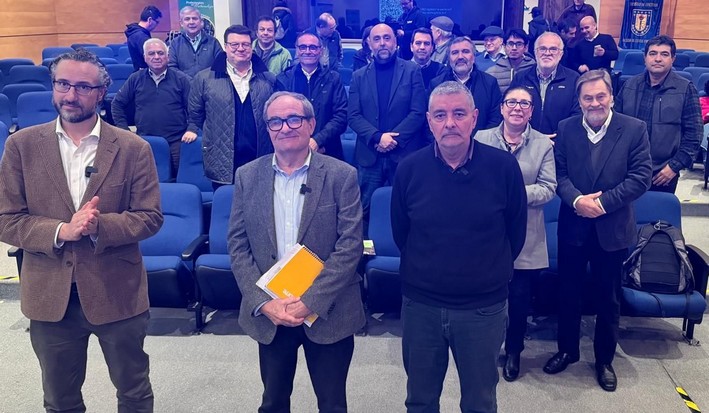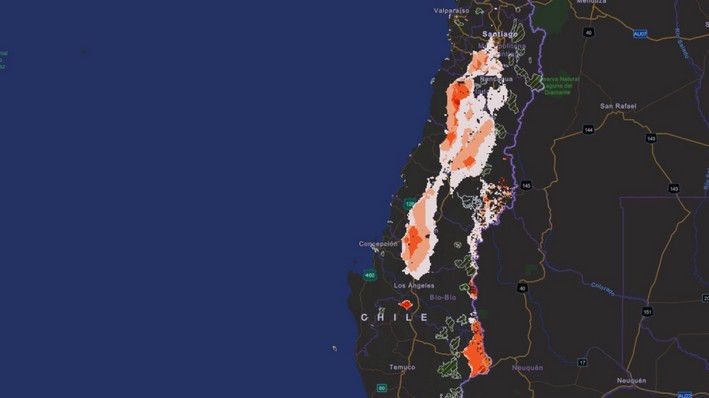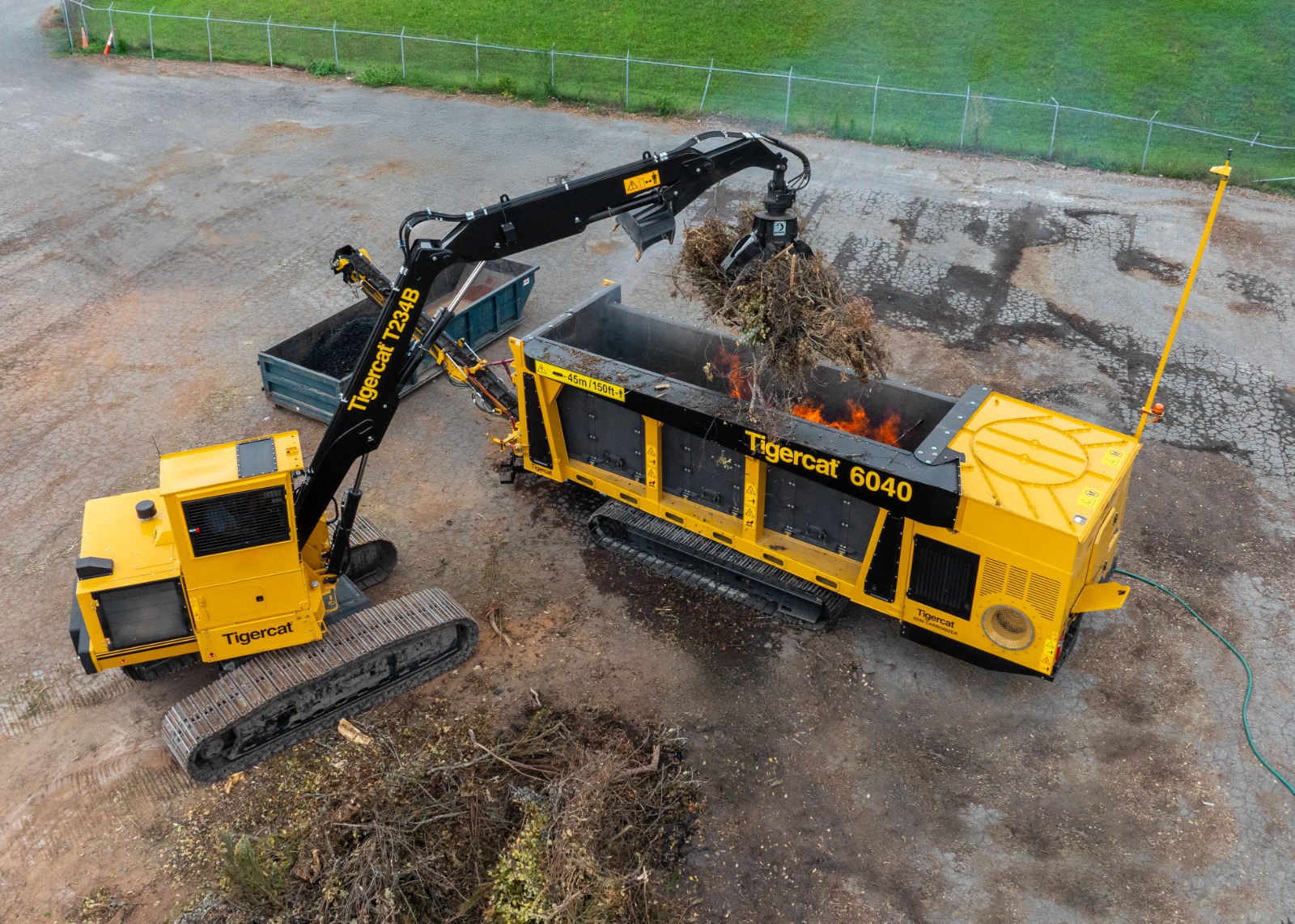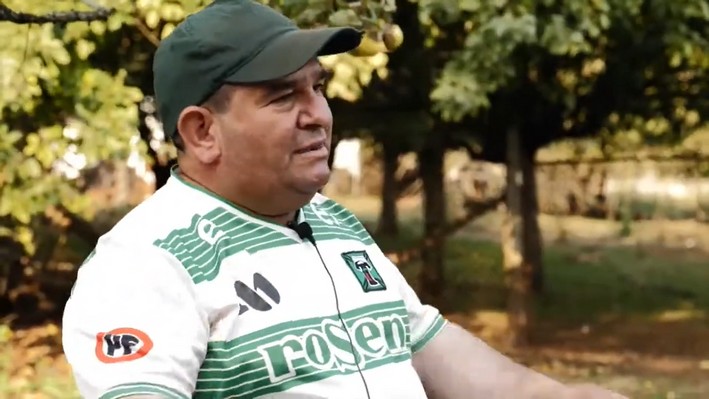The need to develop more integrated public policies, recognize the strategic role of plantations, and strengthen peasant forestry were some of the main conclusions of the 2nd Seminar “Policies for Sustainable Forest Development,” organized by PEFC Chile at the University of Concepción, with the sponsorship of its Faculty of Forest Sciences.
The event, part of a seminar series promoted by the PEFC forest certification system, brought together academics, experts, and representatives from the forestry sector, who agreed on the urgency of addressing the challenges posed by climate change and the social transformations Chile is undergoing.
Among the speakers, Dr. Jorge Morales Gamboni, an academic from the University of Santiago, stood out, warning about the vulnerability of peasant forestry to the effects of climate change. “Greater technical support and adaptation policies are needed to strengthen the resilience of this sector, which is key to the rural economy,” he stated.
Meanwhile, Dr. Cristóbal De La Maza from the Public Policy Center of the San Sebastián University emphasized the need to design forestry policies that are “more cross-cutting, participatory, and aligned with current environmental challenges,” asserting that the future of the sector will depend on the ability to integrate science, communities, and the State in joint work.
Meanwhile, Fernando Raga, former president of CORMA and former executive director of INFOR, defended the role of forest plantations in global sustainability, stressing that “if managed responsibly and certified, they can alleviate pressure on native forests and contribute to international climate commitments.”
The seminar concluded with a panel discussion moderated by Claudia Maldonado, general editor of País Circular, where experts agreed on the urgency of moving toward a model that combines environmental sustainability, social value, and economic development.
In closing, André Laroze, CEO of PEFC Chile, valued the contribution of the event: “This seminar shows us that the path to continue advancing in sustainable forest management is only possible through dialogue and collaboration. From PEFC Chile, we reaffirm our commitment to work alongside communities, academia, and the private sector to promote integrated and responsible public policies that ensure the future of our forests and the well-being of people.”
With this second edition, PEFC Chile consolidates the seminar as a space for reflection and coordination, aiming to establish international best practices and promote a sustainable, modern, and inclusive forestry sector.







Comments (0)
No comments yet. Be the first to comment!
Leave a comment